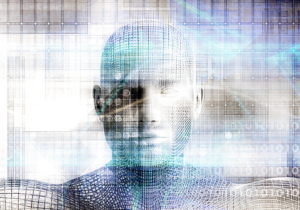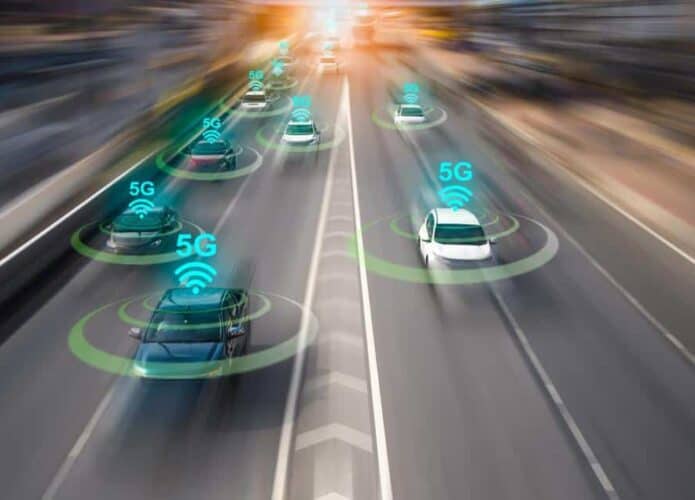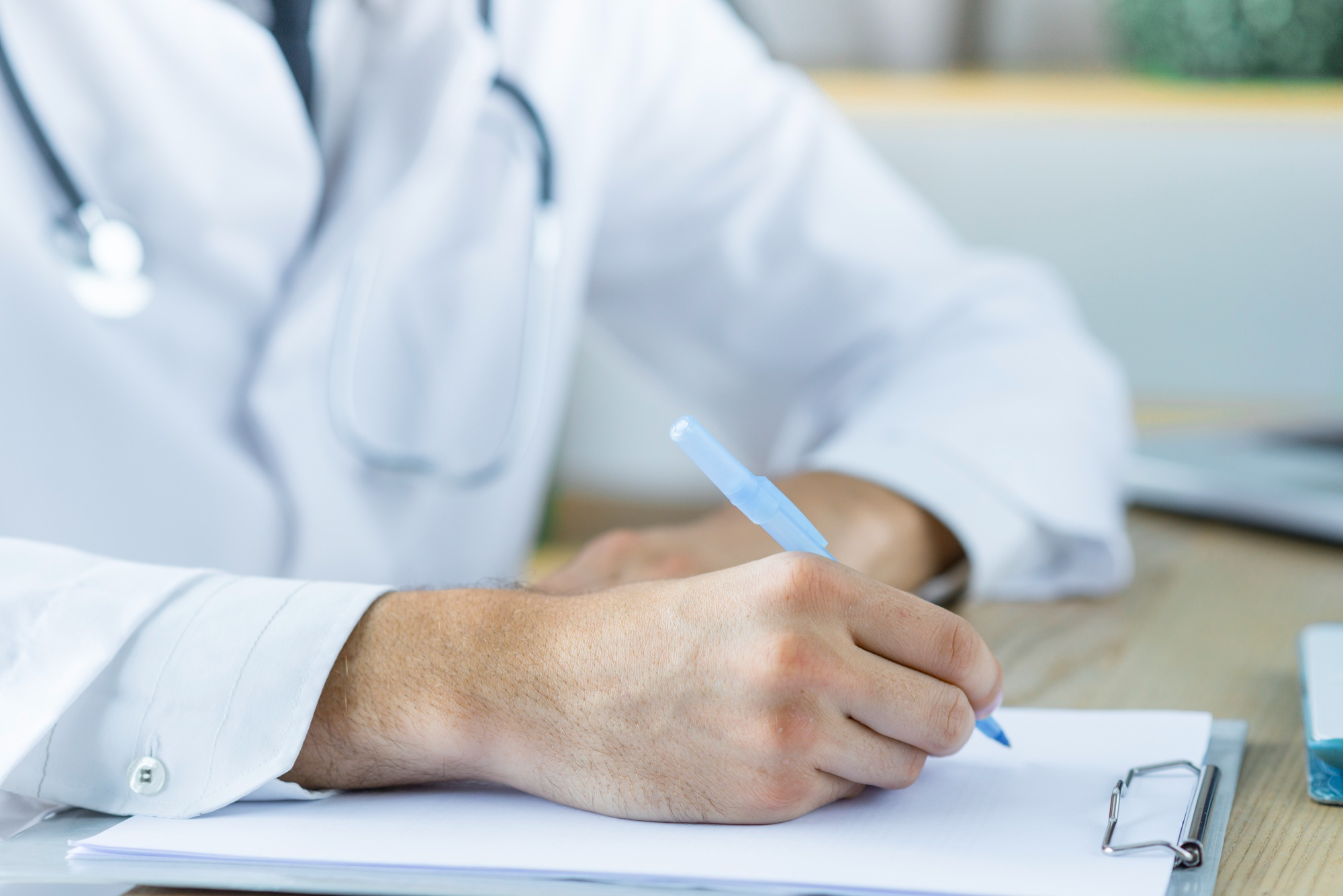What we have learned from the COVID-19 pandemic and how we maintain the success of the initiatives.
The practice of medicine and the patient experience are the two pivots around which technology must shift in order to integrate healthcare. This is perhaps the most obvious conclusion that can be drawn from the two years the world has lived under the Covid-19 pandemic, the worst health crisis of the century. The various challenges in providing global health can be addressed with digital tools – which will define the future of health.
Data collected in Brazil and the United Kingdom show that the preference for remote service has strengthened in society. According to the British National Health Service (NHS) health system, since the start of the pandemic, 60% of consultations have been conducted by video or other digital formats, and the expectation is that care through these channels will remain at 50%. In Brazil, a survey conducted by the Israelita Albert Einstein Hospital showed a high degree of patient satisfaction with telemedicine and 40% of them seek telemedicine again within 45 days after the first consultation.
This information is contained in the report. UK and Brazil Dialogues on Digital Health: Challenges and Opportunities in Telehealthwhich is a collaboration between the UK’s Department for International Trade and the Instituto Coalizão Saúde do Brasil (Icos), with the aim of placing healthcare in its context and its obstacles today.
In the scenario of an aging population and an increased incidence of chronic diseases (regardless of the risks of future epidemics), it is necessary to break the cycle of people receiving treatment only after they fall ill and go to hospital. The pandemic has highlighted the urgency of changing this mindset. Telecare and self-care have the potential to become popular. With digital health tools, ranging from applications to digital medical records, including AI-powered diagnostic software, etc., healthcare professionals can do more with fewer resources. It allows optimal data collection and analysis, as well as faster and more accurate intervention and decision-making – a win-win situation.
Cost Another key variable: Telehealth reduces waste. By improving logistics and expanding access, savings are a natural and welcome outcome.
In terms of legislation, Brazil has room for progress. In the US, telemedicine rules have been in place since 1996 and in the UK since 1998. Here, it started with a decision made in 2002, which is still in effect. In 2020, with Covid-19, a temporary law appeared. Once the pandemic is over, efforts to reach final regulation may accelerate, as this is an area with great potential for exchanges between the British and Brazilian experience. Having this legal infrastructure, which protects data on patients’ health, will be essential to making progress. The General Personal Data Protection Act (LGPD) is just the beginning.
It is essential to resolve legal issues related to data access with legal certainty – both for those who provide the information and those who have access to it. In addition, there is still resistance to this information sharing. Using the cloud as a unified source of information to operate the National Health Data Network (RNDS) will be an essential task with long-term impact – and this will require investments in basic research and technological innovation.
There is also a need to train staff to take advantage of the new capabilities. Medical and health schools in general will need to incorporate knowledge that is now part of training in specific areas of computer science and engineering – something that is already happening in some educational institutions. Another challenge: inclusion. Although 82% of Brazilian households have access to the Internet, according to the Brazilian Institute of Geography and Statistics (IBGE), a joint effort from various areas of government, civil society organizations and private agents will be necessary to improve infrastructure and communication, as well as to educate the population using tools Digital Health.
Several initiatives have been successful throughout the pandemic, both in Brazil and the UK – such as Total Triage (NHS), Teledermatology Center (Israelita Albert Einstein Hospital) and TeleUTI (Hospital das Clínicas da Faculdade de Medicina da Universidade de São Paulo). Paul), to name a few. Its continued operation and expansion to all health systems, public and private, will require commitment not only by health professionals, but also by users. In this scenario, UK-Brazil collaboration is a healthy exchange of experiences and knowledge, and the discussions raised are the basis for innovative solutions in order to make health and technology increasingly integrated.
Claudio Lautenberg is President of the Coliseum Side Institute (ICOS) and Jonathan Nott, British Consul General in São Paulo.

“Friendly zombie guru. Avid pop culture scholar. Freelance travel geek. Wannabe troublemaker. Coffee specialist.”







